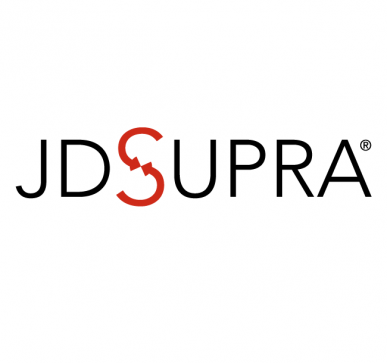Pass-Through Treatment: Don’t bite the hand that feeds most Americans! – JD Supra.
According to the U.S. Bureau of Labor Statistics (https://www.bls.gov/emp/ep_table_201.htm), the Professional and Business Services (PBS) industry sector accounted for 12.9% of jobs in the U.S. during 2016 as opposed to 7.9% for the Manufacturing Sector (MS). The Bureau projects that in 2026, PBS will account for 13.3% of jobs and MS for 6.9%. Meaning, the U.S. Department of Labor is projecting that over the next 10 years, the PBS will “double pace” the growth in the MS. Given this revealing statistic, why is current Tax Reform contemplating rules for the treatment of Pass-Through entities that are written to support the “capital intensive” manufacturing business and exclude the service sector? Why would tax reform ignore the industry sector that currently employs most Americans and is projected to continue?
Pass-Through entities comprise 90% of all U.S. businesses and are at the core of American Entrepreneurship. In the U.S., most Sole Proprietorships, Partnerships, Limited Liability Companies (LLCs) and S corporations are Pass-Through entities for federal income tax purposes. The IRS defines Pass-Through entities as: “an entity that passes its income, loss, deductions, or credits to its owners. The owners may be partners, shareholders, beneficiaries, or investors. It usually does not have an entity level income tax liability”. What this means is that these entities are not subject to income tax. Instead, the owners of these entities are taxed on an individual basis on their share of the profits and losses generated by the entities.
The Trump Administration Tax Reform intends to cut the corporate tax rate from 35 percent to 20 percent, lower the top rate on individuals from 39.6 percent to 33 percent, and establish a new tax rate of 25% for pass-through profits; with the caveat that it CAN NOT be used by “people” whose income from service businesses closely resembles “wages”. Meaning, service-sector businesses are excluded.
Take for instance, an accounting firm, a law firm, a yoga business or a performing arts business, the “owners” of all these businesses would have to pay the individual tax rate on their salaries and their partnership distributions. However, the owners of a manufacturing business would have to pay the individual tax rate on their salaries and the lower rate on their profits because the rule was written to support the capital intensive manufacturing business, which in turn is not generating the jobs needed in the U.S. Does this make sense? Why are we penalizing the service industry if the service industry is generating the jobs in U.S?
The U.S. has transitioned from a manufacturing driven economy to a service driven economy since the 1990s. Technology, off-shoring practices, global socio-economic forces, imports and many other forces have all have contributed to the shifting of employment in the U.S. One would think that the Tax Code ought to support and encourage the industry sectors that are providing employment to its citizens.
Instead of focusing on complicated tax reform that will increase the deficit of the U.S. over the long-term, there are other viable actions that the US Government could undertake to raise revenues and reduce the deficit; such as investigating and pursuing:
- Corruption in the Medicare system
- Fraud in the Medicaid system
- Fraud in the Small Business Administration (SBA)
- Fraud in Military Procurement
- Closing in on the “Tax Gap”
The pursuit of these activities will result in the Government’s ability to collect taxes that are legitimately owed and in turn, perhaps significantly reduce current and future deficits. This makes more sense than focusing on taking away tax benefits to the business owner that is creating jobs.
https://www.jdsupra.com/legalnews/pass-through-treatment-don-t-bite-the-37365/





